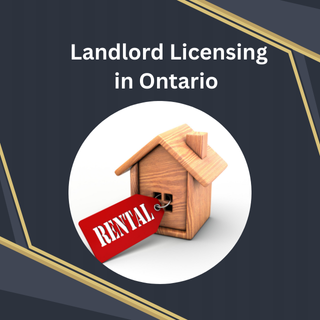Let’s explore where rental licenses are required and how to make sure you’re following the rules.
City of Toronto
Starting on March 31, 2024, Toronto will require a license for all multi-tenant homes. These are properties with four or more rooms rented to people who don’t live together as a household.
To get a license, landlords must have a property maintenance plan in place. This plan should cover tenant service requests, pest control, and waste management. Meeting these standards helps protect both tenants and property owners.
City of Oshawa
In Oshawa, rental licenses are required for properties near Durham College and Ontario Tech University. The rules don’t apply if the property is owner-occupied and has no more than two tenants.
These regulations are aimed at ensuring safety and quality in student housing. If you’re renting near these schools, make sure to check if your property needs a license.
City of Brampton
Brampton’s Residential Rental Licensing (RLL) Pilot Program started in 2024. This two-year program affects rental properties in specific areas, such as Wards 1, 3, 4, 5, and 7. The rules apply to properties with four or fewer units.
The program aims to improve the safety and upkeep of rental homes. As the program evolves, it could expand to other parts of the city.
Other Municipalities
Cities like London and Waterloo also require rental licenses. Each municipality has its own rules, so it’s important to check local regulations before renting.
Steps to Stay Compliant
Here are some tips to help you stay on the right side of the law:
- Research Local Rules: Check if your property is in a city that requires a rental license.
- Verify Existing Licenses: If you’re buying a rental property, ask the seller if there is a valid license. Some licenses can be transferred to new owners.
- Apply for a License: If you need one, apply before renting out the property.
Following these steps will help you avoid fines and make renting a smooth process.
If you have any questions about rental licensing or real estate, contact me, Michelle Boodhoo, at Century 21 Leading Edge Realty. You can reach me at (416) 300-0691 or by email at michelle.boodhoo@century21.ca.

 Facebook
Facebook
 X
X
 Pinterest
Pinterest
 Copy Link
Copy Link

